A world of research opportunities
Taumata Teitei Vision 2030 and Strategic Plan 2028 have guided the institution for the first half of this decade. A recent refresh of Taumata Teitei positions the strategy well for the rest of the decade. Our research strategy has focussed on an enduring commitment to excellent investigator-driven research and scholarship, the uplifting of innovation and entrepreneurship across the institution, and a progressive focus on identifying Signature Research Areas and platforms of capability to guide our external narrative and strategic investment of our resources. We anticipate these Signature Research Areas being in place for 2026 and will build on these to become a global powerhouse for translational research, developing new commercial, social and creative enterprises, broadly focused on the regional issues we will face in the next century. These will call upon interdisciplinary and transdisciplinary solutions, and strong and enduring commitment to building relevant research capability.
Hīkina kia Tutuki – the Grand Challenges Fund – was launched in 2021 as a mechanism for identifying new flagship University Research Centres that will provide focus and scale in the impact areas set out in Taumata Teitei. Hīkina kia Tutuki means to rise to meet the challenge in te reo Māori and signifies a requirement for Research Centre members to ‘lift themselves’ to meet the intergenerational challenges and aspirations of the communities they serve. Central to this challenge is a recognition of the importance, value, and validity of multiple research practices and knowledge systems. The Research Centres will demonstrate excellence in transdisciplinarity by building and nurturing mana-enhancing relationships across disciplines and beyond academia at every stage in the research process. The Research Centres have undergone a mid-term review in June 2025 and are implementing the recommendations from that review.

The University’s researchers are at the leading edge of innovation across many disciplines, from physics, where high-tech inventions are increasing productivity in the agricultural sector, to education, where educators are successfully improving results in clusters of low-decile schools. The University hosts international research leaders in inductive (wireless) power transfer, computational physiology, cancer and brain disease research, better outcomes for mothers and babies, indigenous knowledge, and public policy. More than 12,000 staff and postgraduate students are involved in fundamental and applied research, which generates more than NZ$250 million in annual research revenue.
Auckland also has 35% of the A-rated staff in the country in the national Performance Based Research Fund (PBRF) review of tertiary institutions (last conducted in 2018 with a revised framework expected as part of the government’s reforms of the national science sector), 33% of the PBRF funding allocation for research degree completions, and 36% of PBRF allocations for external research income.


